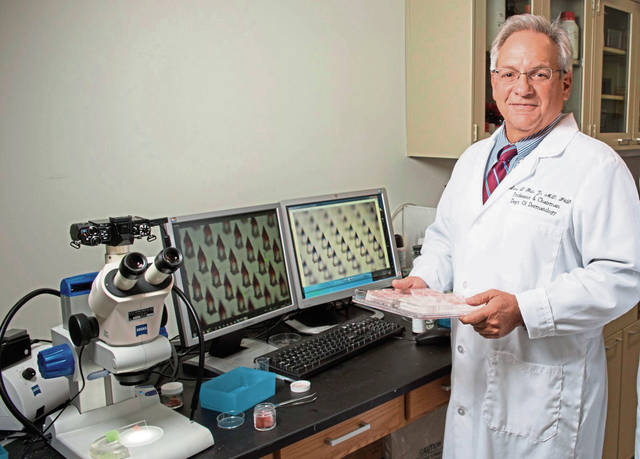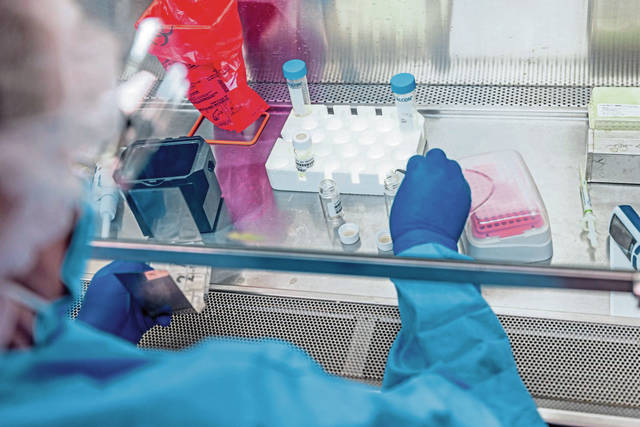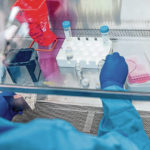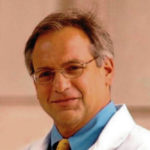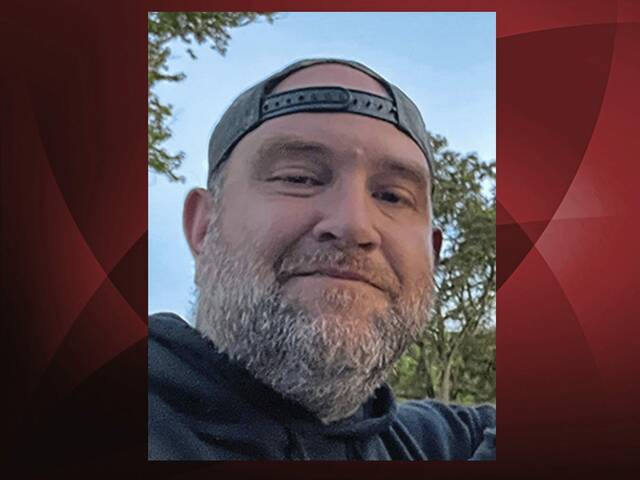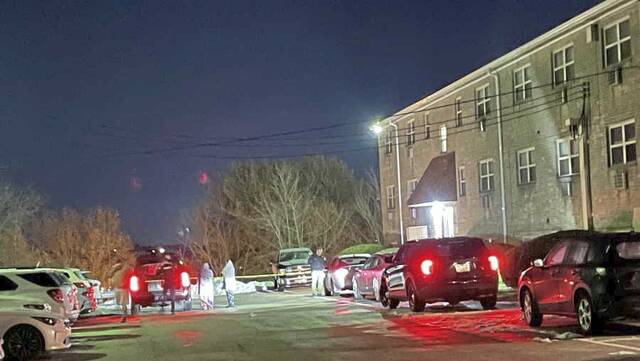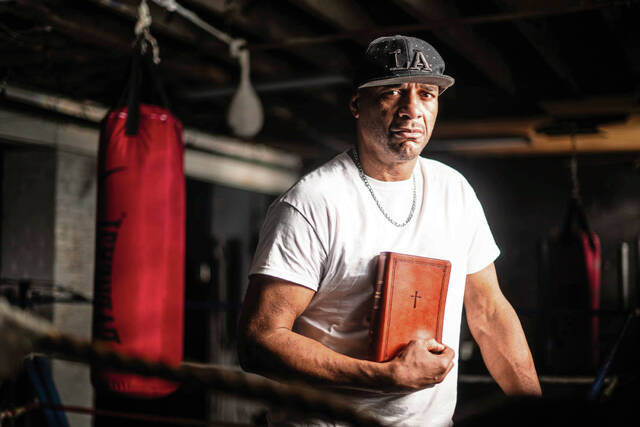He learned teamwork on the football field at Greensburg Central Catholic High School more than 40 years ago.
Like three classmates on that 1977 team, Louis Falo went on to medical school.
Today, the Southwest Greensburg native and researcher at the University of Pittsburgh School of Medicine leads an elite research team — one of many at labs around the world racing to develop a vaccine for the coronavirus that causes covid-19.
The 61-year-old professor and chair of dermatology at the School of Medicine and UPMC made headlines this month when Pitt announced his team had created a vaccine against the coronavirus that produced antibodies to the virus when used in mice. It now awaits FDA approval to move on to human testing.
The Pitt team is one of more than 50 at major research centers around the world hoping to perfect a vaccine against the virus that has killed more than 20,000 people and sickened nearly 505,000 in the U.S. Globally, there have been over 108,000 deaths among more than 1.7 million who have contracted the virus, according to a New York Times coronavirus tracker.
While other research has focused on treatments and tests for immunity to the virus, Falo and his team have focused on the future.
“Vaccines, in general, are not going to be a therapy that will help us right now. But they will be effective against the next wave, in the event this is seasonal like the flu,” Falo said.
‘My Louie’
His mother, 85-year-old Rose Falo of Hempfield, said she knew the son she still calls “my Louie” was working on something important.
“What I knew was it was progressing, and he was happy in his lab. What Louie did is worldwide,” she said, proudly.
She remembers the small boy who insisted he would grow up to be a doctor and laughs recalling how she told him he didn’t have to set the bar so high, that she’d be happy if he became a teacher.
Louis Falo was the first member of his family to go to college. The father of three — twin sons and a daughter — said he’s grateful for all the opportunities he’s had and for the friends that go back to his childhood in Southwest Greensburg.
A graduate of the University of Pittsburgh and Harvard Medical School, he also earned a doctorate in immunology at Harvard. He honed his passion for research in Boston, where he focused on the role “scout” cells on the skin play in triggering immune responses.
Despite many years of training in Boston, Falo said he always planned to come back to Pittsburgh.
His work is well-known. He has written or co-authored about four dozen articles, papers and book chapters on cancer research. He also has patented several methods of delivering vaccines. The Falo Lab at Pitt has received funding from the National Institutes of Health for 20 years.
Coming together
Falo said the pieces fell together quickly at Pitt when his team began to work with the new virus.
“We had been working in this area looking at a coronavirus vaccine possibility for MERS and SARS (two other diseases caused by coronaviruses). So we had the tools and systems built to evaluate vaccines for this time,” he said. “So, when the (virus genetic) sequence came out in January, it took us about two weeks before we had a vaccine for tests in animals.”
Moreover, they previously developed a vaccine delivery system consisting of an assembly of micro needles the size of a fingertip that can be applied as a patch. It seems well-suited for the new vaccine.
The micro needle patch is being used in a Phase 1 clinical trial for a skin cancer vaccine, Falo said.
When Pitt researchers began working with the highly infectious new coronavirus, Falo said they took special precautions.
“We divided ourselves into teams, so if one team needed to be quarantined, others could carry on the work. There’s been a terrific collaborative effort from within Pitt and UPMC,” he said.
Experts across a variety of specialties worked together against the clock to develop what they now call the PittCoVacc.
“This same type of collaboration is happening all across the country and all across the world,” Falo said. “This is really a very hopeful and impressive effort.”
According to the World Health Organization, two potential vaccines — one developed in China and the other in Boston — are in clinical Phase 1 trials. Another 42 potential candidates are in preclinical evaluation.
“There are many vaccines under development right now, and that is a very, very good thing because until they get into patients, we don’t know if it will work,” Falo said. “The more vaccines that get into patients, the sooner we’re going to find something that works and is safe.”
Falo said he hopes the race to develop a vaccine will help build structures that allow this kind of work to move forward faster in the future.
Asked what he tells friends who are skeptical of the ongoing shutdowns instituted to slow the spread of the virus, Falo is quick to answer.
“I tell my friends to listen to Dr. (Anthony) Fauci,” he said of the 79-year-old immunologist who has become a star in news interviews and at daily presidential briefings on the coronavirus. “He is incredibly well-informed. He is my go-to guy, and that’s where I get all my information. I trust Dr. Fauci’s advice.”


